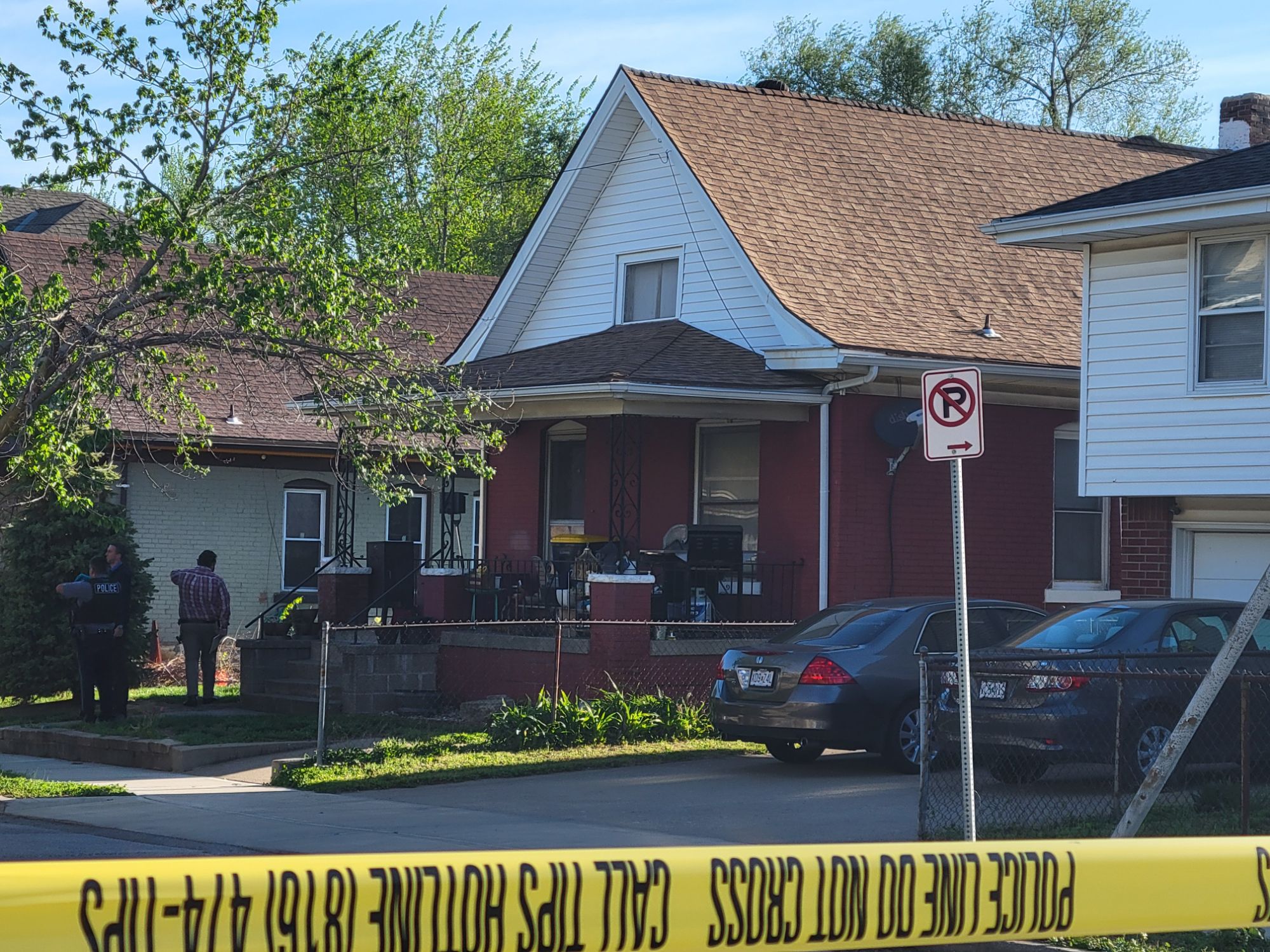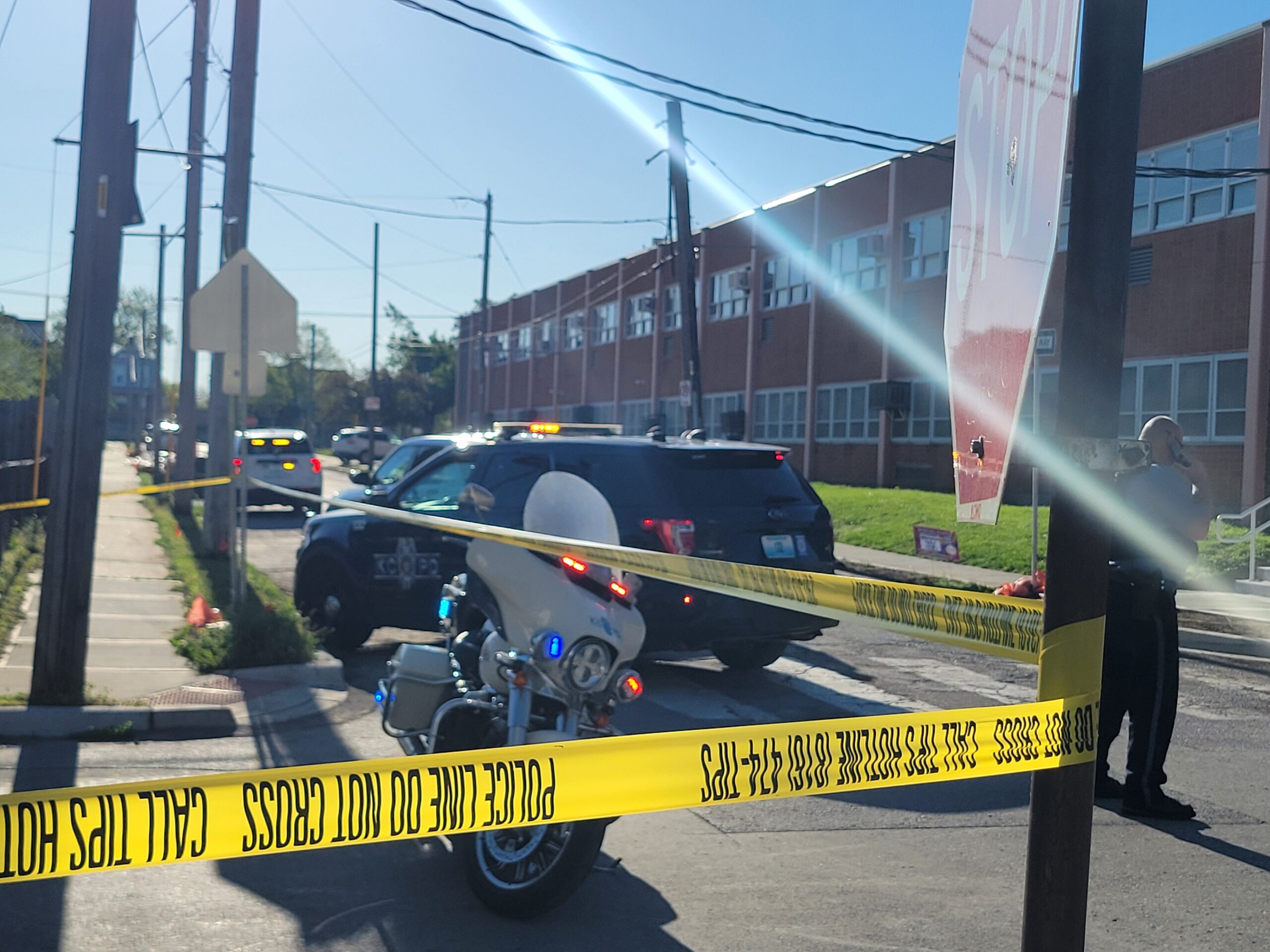Paul Thompson
Northeast News
What was billed as a simple accounting maneuver related to Kansas City’s road conditions became much more during a joint committee meeting at City Hall on Thursday, May 3.
Regardless of the intent of Resolution No. 180302 – which initially proposed lowering the City’s threshold for triggering depreciation of its 6,500 lane miles of roads from a condition level value of 60 (out of an 100 point scale) to 40 – the end result was a protracted discussion about the state of Kansas City’s roads, and a condemnation of City priorities that have seen the road system slip into poor condition.
That discussion ended with the majority of the Finance & Governance and Transportation & Infrastructure joint committee voting to advance substitute language that expresses the City’s intent to “retain a condition level at an overall value of not less than “60” for its roadway system,” while also reaffirming the City’s commitment to implementing a comprehensive approach to street improvement, maintenance, and resurfacing.
The scale for road conditions suggests that a rating from 90 to 100 would reflect excellent condition; 80 to 89 would represent good condition; 70 to 79 would represent fair condition; and anything below 70 is considered poor condition. Road conditions are calculated in three-year cycles; the fiscal year that concluded in April 2018 would mark the third consecutive year that KCMO streets were graded below 60, if they reach the City’s own estimation of 48 out of 100.
When the road conditions from the 2017-2018 fiscal year are finalized, KCMO Finance Director Randy Landes suggested, the City will be forced to act, one way or another.
“You’re at the trigger right now,” Landes said. “Either you have to change the trigger, or you have to depreciate your assets.”
According to 1st District Councilman Scott Wagner – the joint committee’s lone vote of dissent – the committee substitute advanced on Thursday, May 3 would ultimately trigger a series of actions that includes the depreciation of KCMO streets if it is passed by the full Council on May 10.
“By keeping it at 60, since we’re going into our third year of what we expect to be below, then that will cause a series of requirements to kick in which include depreciating and having to begin to track what the preservation work that we do in the future will do in adjusting that value,” Wagner said. “Instead of spending more money on road work and maintenance, we’re now going to have to spend more money on staff.”
Fourth District Councilwoman Katheryn Shields, though, suggested that the extra work Wagner alluded to is what the City should have been doing all along: back when it initially lowered the trigger number from 80 to 60, and then again now.
“We not only didn’t depreciate, but when we set it at 60, we didn’t even maintain it at 60. Now they’re coming back and saying to do it at 40,” Shields said. “When you establish that lower number, you have to account for that loss of value. I don’t believe the City did that.”
To Shields, the issue is simple: the roads in Kansas City have been degrading over the years, and thus should be depreciating. The accounting measure proposed by the original resolution, then, should be considered a distortion of the true value of Kansas City’s road system. Essentially, Shields believes that reducing the threshold to 40% is akin to ignoring a problem that isn’t going away.
“We wouldn’t have gone from our roads being estimated at being at 80% condition to now being 48% if we’d been connecting these dots sooner, and actually investing the money in our roads,” Shields said. “But we as a Council – certainly the members of this committee are saying – no, we’re not just going to brush away the problem we have with not maintaining our roads by just adopting a new standard.”
What to Shields is a line in the sand about infrastructure spending is to Wagner a conflation of related but distinct issues. Wagner maintains concerns that the committee substitute could eventually lead to motorists driving on Kansas City streets that essentially have no value; a potential reality he called “crazy.”
“This is an accounting resolution,” Wagner said. “That’s all it was; that’s all this still is, because there is not an appropriation attached to this.”
That said, the issues raised by Shields swayed the joint committee on May 3. Next, the full Council’s legislative session on May 10 will make a final determination on an accounting measure that has become a lightning rod at City Hall.



















